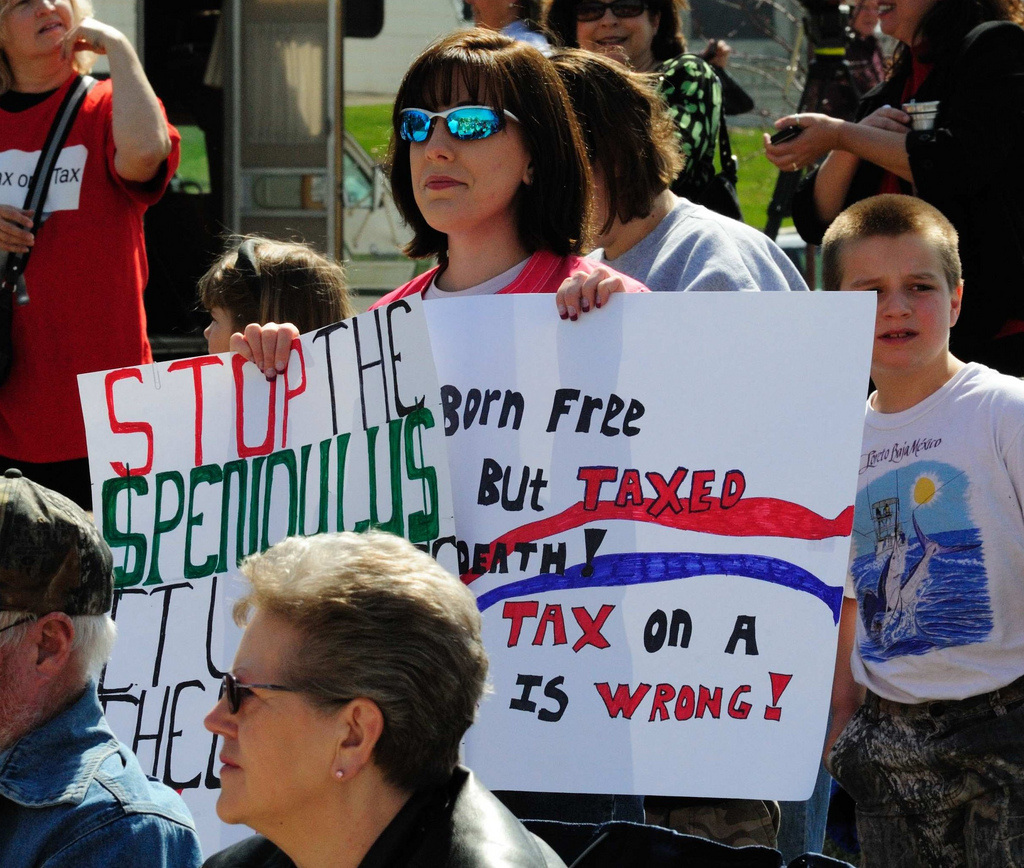| We’ve heard a lot lately about the unfairness of the nation’s corporate tax structure. Burger King’s talk of merging with Canada’s Tim Horton, part of a strategy to move the burger corporation away from high taxes in the United States, initiated some of that discussion. Whether or not that deal ever goes through, the talk likely will continue as elections heat up. The Tax Foundation issued a report this week showing that, in terms of international competitiveness in tax structure, the United States ranks 32nd out of the 34 nations in the Organization for Economic |
| | Cooperation and Development. Only France and Portugal are worse. Ouch. But what about tax fairness on the state level? The website wallethub.com just released a study that attempts to answer that question. It ranks the states in terms of tax fairness, but it also uses polling to determine exactly what it is Americans think is fair. It turns out we’re pretty consistent on that question. Whether we’re liberals or conservatives, “respondents think state and local tax systems are fair when higher income households pay a greater percentage of their income in taxes than lower income households.” The only difference is that conservatives think it’s fairer to make poor people pay a little more than what liberals would assess them, and they would tax the rich a little less, but both sides agree on a graduated, progressive tax structure. However, in reality state tax structures do not reflect that sense of fairness. The wallethub research shows that “the real relationship between household income and state and local tax burden is negative—as income goes up, state and local tax burden goes down—the exact opposite of what Americans think is fair.” As far as the rankings go, Montana has the fairest tax structure of all. The state of Washington is worst. In fact, Washington, Illinois and Florida are the states in which the poor are taxed the most. Wyoming, Alaska and South Dakota undertax the rich the most. (See how your state ranks in the wallethub chart below.) Why is tax policy not representative of the public’s wishes? My guess is it probably has to do with the influence of money in politics, and the relatively weak voices of the poor in political systems. The wallethub research also raises interesting questions about the relationship between tax structures and economic development. It would be foolish to say the two are never related. Lots of other research shows that businesses prefer to locate to tax-friendly states (meaning friendly to businesses, mostly). But there are other factors at work, too. And tax fairness, of the type defined by the wallethub survey, isn’t necessarily the type of tax structure businesses prefer. You don’t see a lot of corporations flocking to Montana, even though there is plenty of room up there. It’s hard to get a handle on which states are performing best economically. It all depends on how one looks at it. Earlier this summer, the Information Technology and Innovation Foundation issued a report that said Massachusetts, Delaware, California, Washington, and Maryland will fare best in the “new economy,” which it said is “marked by globalization, technological innovation and entrepreneurial development.” By comparison, the tax fairness chart lists Massachusetts a respectable 19th, with Delaware fourth, California eighth and Maryland ninth (we already know how Washington did). The American Legislative Exchange Council, a more conservative group, ranked Texas, Utah and Wyoming as the states with the best economic output, and Utah as the state with the best economic outlook. Utah’s tax structure ranked 11th in terms of fairness. Burger King got a lot of attention, but it is hardly alone in wanting to move because of taxes. Two years ago, the Wall Street Journal reported that “10 U.S. public companies have moved their incorporation address abroad or announced plans to do so” within the previous three years. The nation’s corporate tax structure appears out of whack with what businesses think is fair. State taxes appear out of whack with what Americans think is fair. Clearly, all definitions of fairness are not equal when it comes to affecting economies. |


 RSS Feed
RSS Feed

